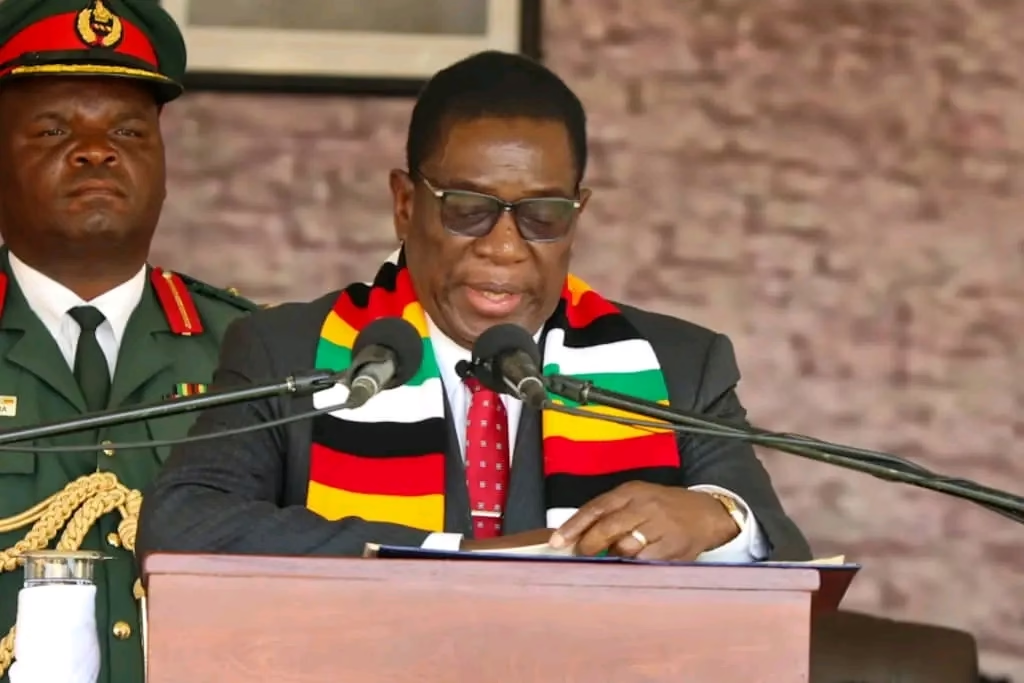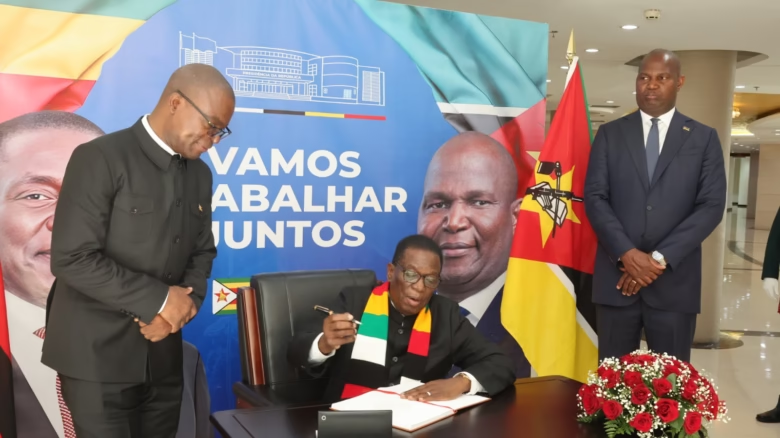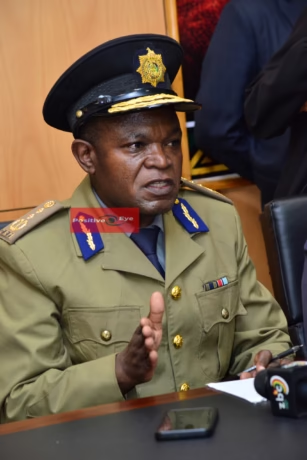
Zimbabwe has formally entered the race for a non-permanent seat on the United Nations Security Council (UNSC) for the 2027–2028 term, positioning itself as a champion of multilateralism, peace, and inclusivity in international governance. The announcement, made by Foreign Affairs and International Trade Minister Professor Amon Murwira on behalf of President Mnangagwa during the 80th session of the United Nations General Assembly in New York, reflects both continuity and ambition in Zimbabwe’s foreign policy.
The candidacy is not without precedent. Zimbabwe previously served two terms on the Council, from 1983 to 1984 and again from 1991 to 1992, where it sought to demonstrate its capacity for principled diplomacy and bridge-building. By recalling this history, the government is underlining a legacy of constructive participation while signalling readiness to take on new responsibilities in a world marked by intensifying geopolitical rivalries, climate crises, and protracted conflicts. In his address, Professor Murwira stressed Zimbabwe’s conviction that multilateralism remains the most viable pathway to resolve disputes, promote justice, and shape a more equitable global order.
What stands out in the current bid is the regional and international solidarity it has attracted. SADC Executive Secretary Elias Magosi reaffirmed the bloc’s support, describing Zimbabwe as an ideal candidate whose message of engagement over confrontation reflects SADC’s ethos of diplomacy and cooperation. Endorsements from long-standing allies such as the December 12 Movement add symbolic weight, projecting Zimbabwe as a state still valued by international solidarity networks despite enduring geopolitical tensions with some Western powers.
Equally notable is the government’s emphasis on inclusivity. By highlighting women and youth in the candidacy narrative, as applauded by Women Affairs Minister Senator Monica Mutsvangwa, Zimbabwe is aligning its campaign with the UN’s broader sustainable development agenda. This framing helps connect national aspirations to global priorities, reinforcing the message that Zimbabwe seeks not only representation but also to broaden the voices heard in global governance.
Zimbabwe’s peace credentials also provide a substantive pillar for the campaign. The country’s participation in UN peacekeeping missions in Kosovo, South Sudan, Liberia, Angola, and Somalia testifies to its operational experience and commitment to collective security. In a Council where credibility often rests on demonstrated contributions to international peace, this record offers tangible evidence of Zimbabwe’s readiness.
Yet the campaign will unfold in a competitive arena. UNSC seats are rotated among regional groups, and endorsement by Africa is a crucial first step. Beyond regional backing, success will depend on convincing the broader UN membership that Zimbabwe can play a constructive role at a time when the Security Council itself faces criticism over effectiveness and representation. For Zimbabwe, this is also an opportunity to recast its global image — shifting the narrative from years of isolation and sanctions towards one of engagement, responsibility, and leadership on multilateral platforms.
The candidacy, therefore, carries weight beyond the technicalities of Council membership. It is a statement of Zimbabwe’s aspirations to be seen as a reliable partner in peace and development, a country that seeks to amplify the voice of the Global South while contributing to the stability of the international system. If successful, the bid could provide Harare with both symbolic and practical leverage in shaping global conversations, while reinforcing its drive to reassert itself diplomatically after years on the margins.
In the end, Zimbabwe’s campaign for the UNSC seat is not merely about securing votes in the General Assembly. It is about staking a claim in the architecture of global governance, demonstrating relevance, and affirming the principle that even small states can contribute meaningfully to peace, justice, and inclusivity. Whether this ambition materialises will depend on diplomacy in the years ahead, but the launch itself underscores a renewed confidence in Zimbabwe’s global engagement.




